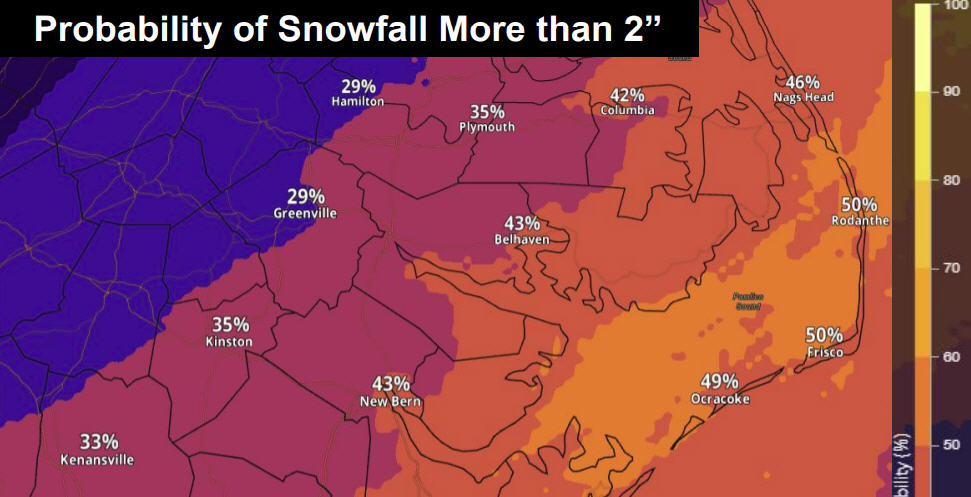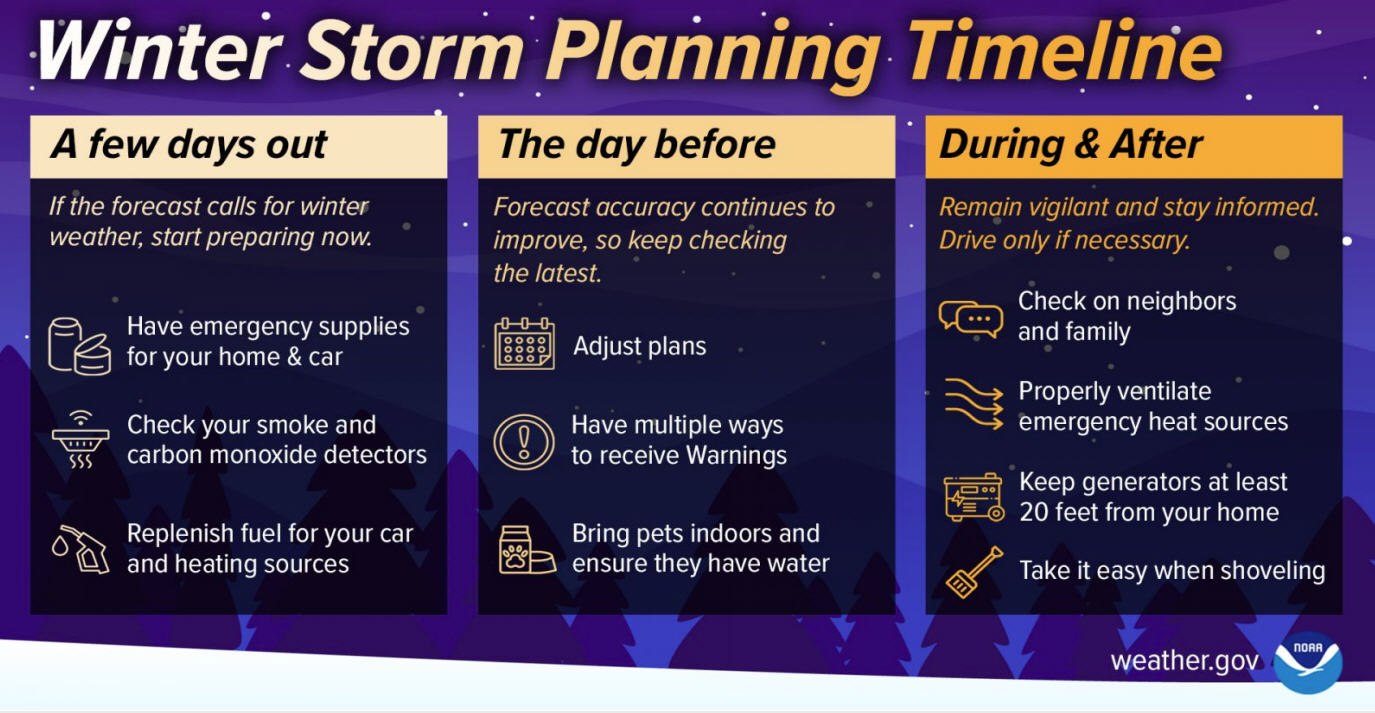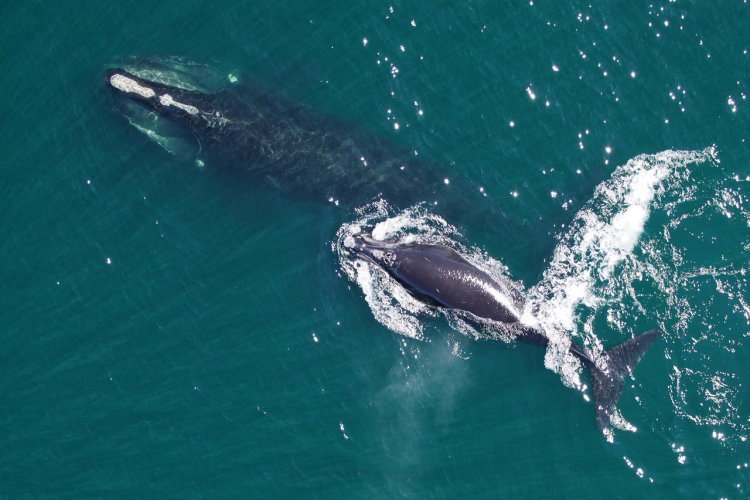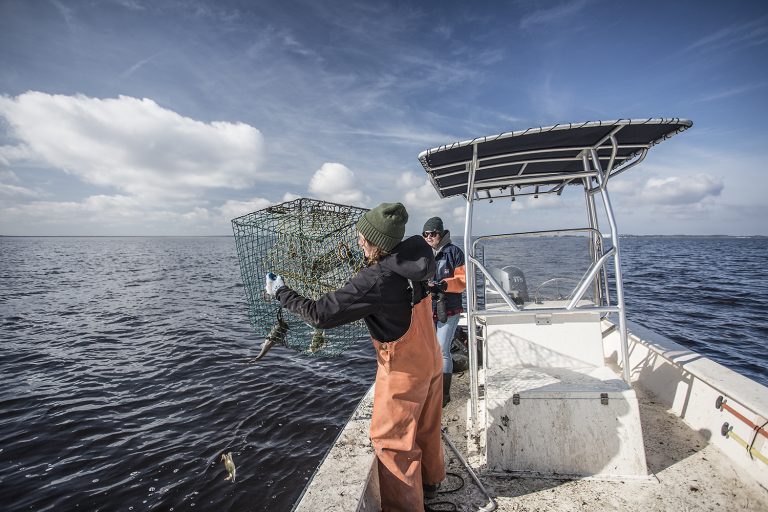NCWU Asks Governor for Charter/Headboats Seats on Marine Fisheries Commission
The North Carolina Watermen United (NCWU) recently sent a letter to Governor Cooper requesting dedicated seats for Charter/Headboats in the re-organization of the Marine Fisheries Commission (MFC).
“The NCWU has always said that there are three types of fishermen – recreational, charter/headboat captains, and commercial,” said Melba Milak, Executive Secretary of the NCWU, “and what’s happened in the past few years with the MFC is that they give lip service to representing head boat people, but [instead] they have some recreational people that are uninvolved with [the profession]. Charter/headboat doesn’t really have a voice.”
Per the NCWU letter, men and women who fit into the Charter/Headboats category depend on recreational fishermen to book charters on their vessels that provide a significant portion of the operators’ incomes. They also depend on commercial fishing to round out their income during their industry’s off-season.
The NCWU states in the letter that having designated seats for Charter/Headboat operators would represent these blended occupations, and offer a unique opportunity to bring balance to the MFC through their dependence on having a healthy resource that satisfies the needs and wants of both recreational fishermen and commercial harvesters.
“Since 2009, some of the Recreational seats on the MFC, many of them held by “private” Recreational fishermen or part-time Charter/Headboat operators, have given lip service to representing Charter/Headboats, but they cannot possibly speak, nor represent the operators who work full-time to eke out a living by running fishing trips for both local and out-of-state clients,” reads the letter. “These Charter/Headboat fishermen face a myriad of problems that cannot be adequately understood nor discussed by a private or part-time fisherman.”
“And so, we are asking you to examine the current seats of the MFC and in so doing also take steps to ensure that the MFC have dedicated seats for the Charter/Headboat Sector, and that they are actually filled by full-time Charter/Headboat operators who hold commercial licenses and are also active in commercial fishing to supplement their incomes.”
Currently, the MFC is comprised of three representatives from the Recreational Fishing Industry, three representatives from the Commercial Fishing Industry, one Scientist, and two at large seats. Milak notes that the at-large seats could potentially be replaced with the blended Charter/Headboats designation to ensure these watermen are represented on the commission.
“The two at-large seats were supposed to be people involved [with the fishing industry] in a collaborative way – like a local chef who works with seafood,” said Milak. “But if we reseat them with truly credentialed people, we would avoid people coming in to have a lopsided vote on every issue.”
Several surprise motions were passed by the MFC earlier in the year, at the February 14-15 meeting in Wrightsville Beach. The big issue at the heart of the quarterly meeting was the proposal to redefine the qualifications for obtaining a commercial fishing license in North Carolina, which first surfaced in late 2017. After much public comment, a new document was presented by Pete Kornegay of Camden, N.C., who is a retired fisheries biologist and who was recently appointed to the scientist seat of the MFC. The document contained a new list of requirements for a commercial fishing license, which had not been previously shared with the entire commission or the public, and it passed in a 5-4 vote.
At the end of the two-day meeting, another surprise occurred when commissioner Janet Rose of Currituck, a representative of the commercial fishing industry, presented a motion to send a letter asking Gov. Roy Cooper “to examine the current membership of this commission and, if need be, make changes to ensure this commission functions as intended.”
The motion to reach out to Gov. Cooper was seconded by member Cameron Boltes, a recreational commission member from Washington, N.C., and was passed by a 5-4 vote.
Since that time, nothing has been concretely planned, as the replacement ultimately has to make its way through the state government. However, a potential opportunity to review and revisit the make-up of the MFC may allow for the blended Charter/Headboats people to be represented.
“Since the organization formed in 2005, we have almost every year proposed somebody who is truly a charter/headboat person for what they are calling a recreational seat,” said Milak, who has been with the NCMU since 2008.
“Everything is in limbo right now… but this is an opportunity to re-seat [the MFC] with truly credentialed people.”
Per supplemental material from the NCMU, the organization is also requesting that interested parties and stakeholders please support the issue by writing their own letter to the Governor with personal experiences and reasons for the need for Charter/Headboat Seats on MFC.
The mailing address is –
Governor Roy Cooper
20301 Mail Service Center
Raleigh, NC 27699-0301
Copies of the letter should also be emailed to:











